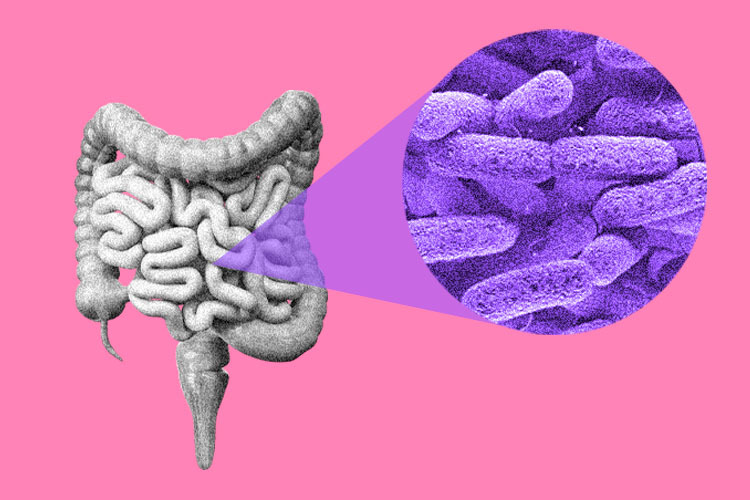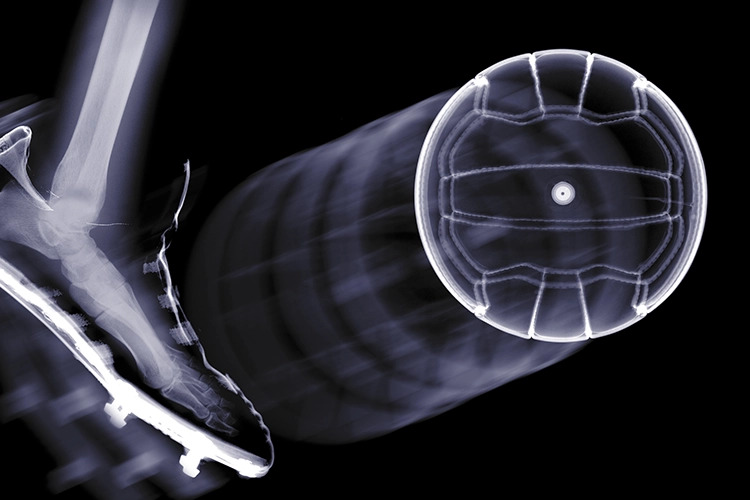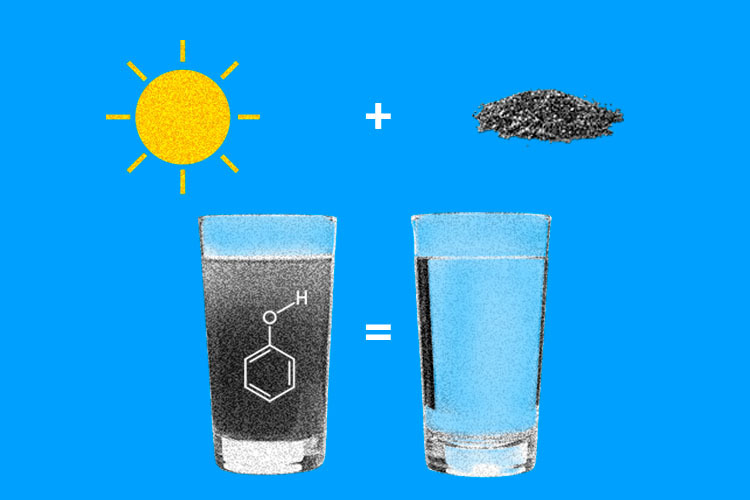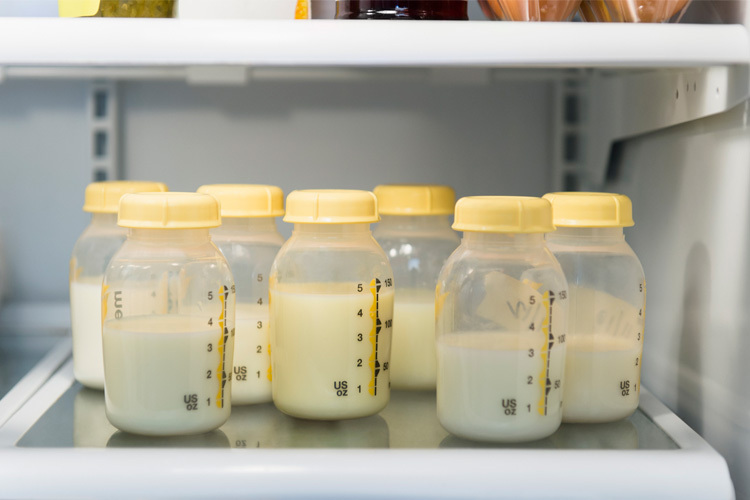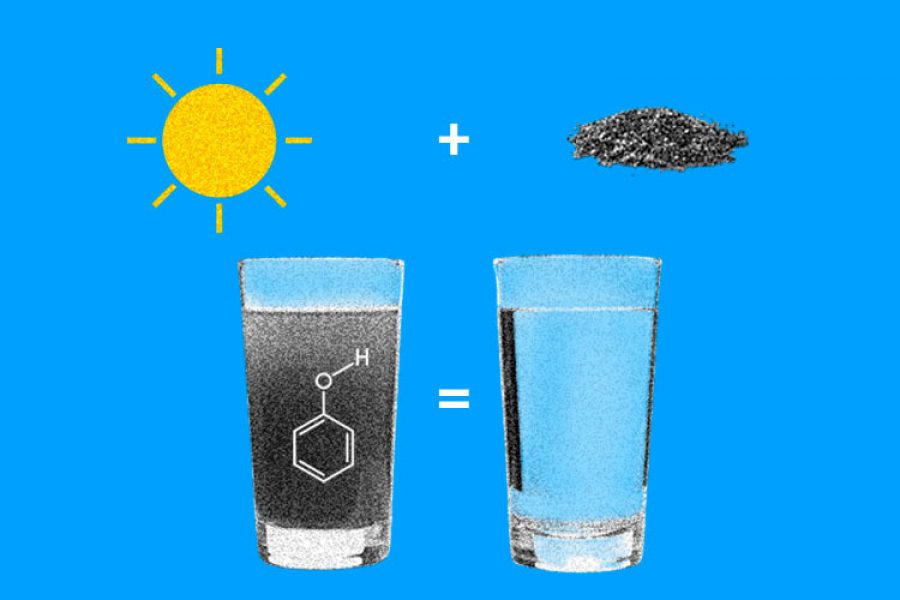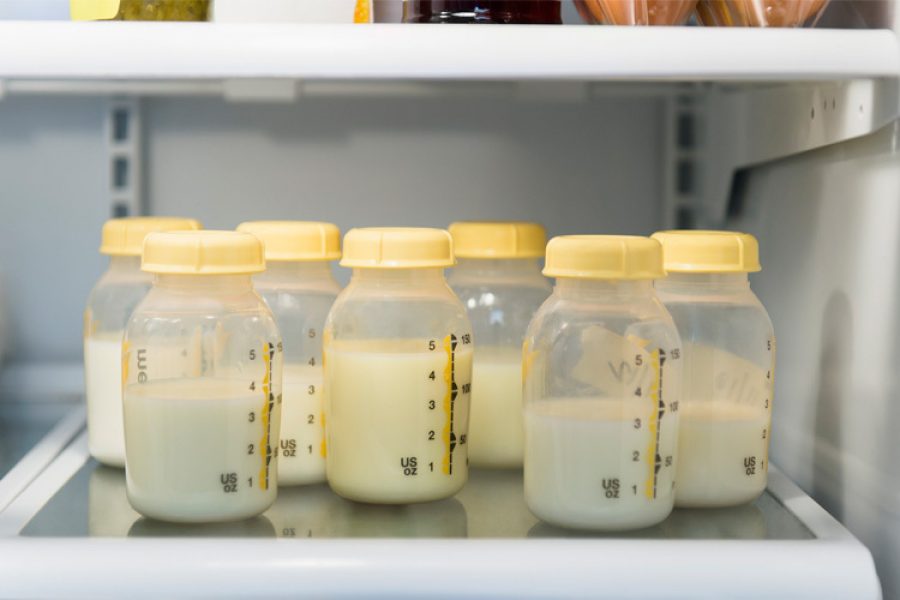By Ricardo García Gamboa, Osiris Díaz Torres, Misael Sebastián Gradilla Hernández and Marisela González Avila
Did you know that gut microbiota —the community of microorganisms living in our intestines—, dietary habits, and geographical differences influence the development of inflammatory bowel disease (IBD)?
In the study Gut Bacterial Composition and Nutritional Implications in Mexican and Spanish Individuals with Inflammatory Bowel Disease Compared to Healthy Controls we compared the microbial composition of individuals from Mexico and Spain, including both those with inflammatory bowel disease and healthy controls.
To conduct this research, we analyzed data from the 16S rRNA gene. This sequencing technique allows us to identify the bacteria present in a sample, such as those residing in the human gut.
The 16S rRNA gene serves as a unique fingerprint for each bacterial species, as all bacteria possess it but with slight variations. By examining its sequence, scientists can determine which types of bacteria are present, their abundance, and how they differ between healthy individuals and those with disease.
This was complemented by an evaluation of nutritional aspects such as diet and body composition, revealing important connections between intestinal health and factors related to geographic environment and lifestyle.
Inflammatory Bowel Disease
IBD is a chronic disorder of the digestive system that includes conditions like ulcerative colitis and Crohn’s disease [1]. This condition is closely linked to imbalances in the gut microbiota—the microorganisms that inhabit our gastrointestinal tract.
When this imbalance occurs, known as dysbiosis, bacterial diversity decreases and the composition of the microbial community changes. In simple terms, there is less variety of microorganisms in the gut, and the dominant types of bacteria shift [2].
Among the affected bacteria are beneficial ones—known as probiotics—that play essential roles in maintaining gut health. These bacteria produce helpful substances, such as short-chain fatty acids, which are an important energy source for intestinal cells and support their proper functioning [3].
Results of the Microbial Comparison
In the study, the gut microbiota of people with IBD and healthy individuals from Mexico and Spain was compared. Fecal samples from 79 participants were analyzed using 16S rRNA gene sequencing, along with data on diet and body measurements.
The results showed lower bacterial diversity in people with IBD. Additionally, differences between countries were observed: a group of microbes associated with inflammatory processes was more abundant in patients with IBD. Certain bacteria linked to a vegetable-rich diet appeared only in Mexican participants, while another group of microbes related to meat and protein consumption was found exclusively in Spaniards.
Overall, the findings revealed that participants with IBD in both countries had reduced microbial diversity in their gut microbiota compared to healthy individuals.
Regarding specific bacteria, Faecalibacterium was present in IBD patients from both Mexico and Spain. This is significant because previous research has suggested that this bacterium may be linked to reduced inflammation, playing an important anti-inflammatory role in the context of the disease [4].
An interesting observation was that Prevotella was detected only in Mexican patients, while Akkermansia appeared exclusively in Spanish patients.
Prevotella is typically associated with high-fiber, vegetable-rich diets common in some traditional eating patterns of Latin America. In contrast, Akkermansia is linked to maintaining the intestinal barrier and is associated with diets higher in protein and fat, which are more common in Europe.
This suggests that factors such as geographic location, diet, and other lifestyle aspects may influence gut microbiota composition, leading to the presence of distinct microorganisms in each country. Future studies will seek to explore in more detail the role of each bacterium in the development and progression of IBD [5].
Additionally, the study highlighted that body composition may also influence IBD. Mexican participants with IBD had a lower percentage of body fat and a higher percentage of lean mass compared to Spanish participants. This is relevant because the proportion of fat and muscle in the body can impact the inflammatory response.
For example, a lower percentage of body fat may imply a smaller energy reserve, potentially affecting immune function. On the other hand, greater lean mass might be linked to a more active metabolism and a different immune response [6].
This study, recently published in the International Journal of Molecular Sciences (García-Gamboa et al., 2024), was conducted by a team of researchers from Tecnológico de Monterrey, the Center for Research and Assistance in Technology and Design of the State of Jalisco (CIATEJ), and a collaborating institution in Spain, the Foundation for the Promotion of Health and Biomedical Research (FISABIO).
References
- Al-Amrah, H., Saadah, O. I., Mosli, M., Annese, V., Al-Hindi, R., Edris, S., Alshehri, D., Alatawi, H., Alatawy, M., & Bahieldin, A. (2023). Composition of the gut microbiota in patients with inflammatory bowel disease in Saudi Arabia: A pilot study. Saudi Journal of Gastroenterology, 29(2), 102.
- Alam, M. T., Amos, G. C. A., Murphy, A. R. J., Murch, S., Wellington, E. M. H., & Arasaradnam, R. P. (2020). Microbial imbalance in inflammatory bowel disease patients at different taxonomic levels. Gut Pathogens, 12(1), 1.
- Aldars-García, L., Chaparro, M., & Gisbert, J. P. (2021). Systematic Review: The Gut Microbiome and Its Potential Clinical Application in Inflammatory Bowel Disease. Microorganisms, 9(5), Article 5.
- Mohebali, N., Weigel, M., Hain, T., Sütel, M., Bull, J., Kreikemeyer, B., & Breitrück, A. (2023). Faecalibacterium prausnitzii, Bacteroides faecis and Roseburia intestinalis attenuate clinical symptoms of experimental colitis by regulating Treg/Th17 cell balance and intestinal barrier integrity. Biomedicine & Pharmacotherapy, 167, 115568.
- Dao, M. C., Everard, A., Aron-Wisnewsky, J., Sokolovska, N., Prifti, E., Verger, E. O., Kayser, B. D., Levenez, F., Chilloux, J., Hoyles, L., Consortium, M.-O., Dumas, M.-E., Rizkalla, S. W., Doré, J., Cani, P. D., & Clément, K. (2016). Akkermansia muciniphila and improved metabolic health during a dietary intervention in obesity: Relationship with gut microbiome richness and ecology. Gut, 65(3), 426–436.
- Jabłońska, B., & Mrowiec, S. (2023). Nutritional Status and Its Detection in Patients with Inflammatory Bowel Diseases. Nutrients, 15(8), Article 8.
- García-Gamboa, R., Díaz-Torres, O., Gradilla-Hernández, M. S., Pérez-Brocal, V., Moya, A., & González-Avila, M. (2024). Gut Bacterial Composition and Nutritional Implications in Mexican and Spanish Individuals with Inflammatory Bowel Disease Compared to Healthy Controls. International Journal of Molecular Sciences, 25(22), Article 22.
.
Authors
Ricardo García Gamboa. Postdoctoral researcher at Tecnológico de Monterrey, specializing in gut microbiota, with academic training in Nutrition, Food Science, and Biotechnology Innovation. His research focuses on obesity, probiotics, prebiotics, and the antimicrobial effects of functional ingredients. He has published scientific articles, taught at Tec de Monterrey, and completed international research stays.
Osiris Díaz Torres. Researcher at the Sustainability and Climate Change Laboratory of the School of Engineering and Sciences at Tecnológico de Monterrey, Guadalajara campus. She is a Level 1 member of Mexico’s National System of Researchers (SNI).
Misael Sebastián Gradilla Hernández. Professor at Tecnológico de Monterrey, Guadalajara campus, since 2011. Currently, as a research professor, he leads the research area for the Institutional Plan on Sustainability and Climate Change, and heads the Sustainability and Climate Change Laboratory at Tec de Monterrey. He is a Level 1 member of the National System of Researchers and has authored 52 indexed journal articles and book chapters in international publications.
Marisela González Ávila. Ph.D. in Cell Biology. She currently works in the exVivo Digestion Laboratory at the Center for Research and Assistance in Technology and Design of the State of Jalisco (CIATEJ).
